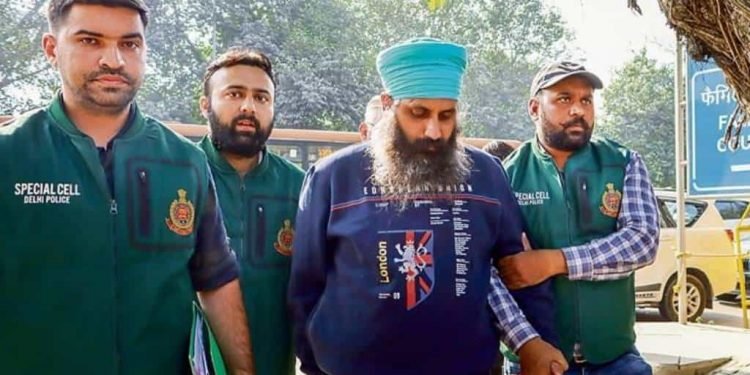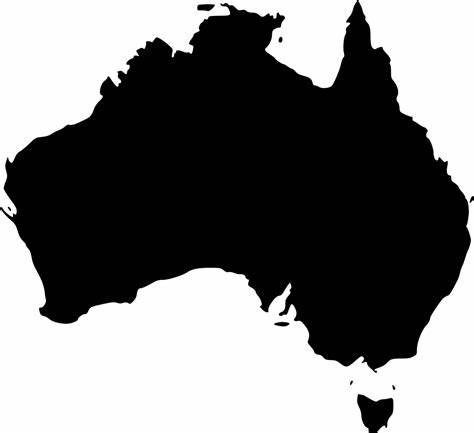An Indian court has given the green light for the extradition of Rajwinder Singh, a murder suspect from Australia.

An Indian court has approved the extradition of Rajwinder Singh, the suspect in the murder of Toyah Cordingley on a beach in Queensland, Australia. This clears the way for Singh to return to Australia and face trial. He was arrested in November in India, after a $1 million AUD bounty was offered for his capture. Singh, an Australian citizen of Indian descent, had previously given up his right to contest the extradition request. He has acknowledged that he will return to Australia to face murder charges, which carry a potential life sentence. If the Indian government approves the court’s ruling, Singh could be sent back to Australia within two to three weeks.
The Indian Foreign Ministry has already given partial approval for Rajwinder Singh’s extradition, but they still need to endorse the final ruling from the court which will be presented to the administration this week. Singh is the suspected killer of Toyah Cordingley, a 24-year-old woman from Queensland who was murdered while walking her dog on a beach in October 2018. Her death caused widespread shock. Police found her partially buried body in the sand dunes and reported that she had suffered a “personal and intimate attack”. Singh, a nurse and father of three, is said to have fled to India after the murder, which led to a four-year search by Australian authorities.
In 2021, the Australian government ordered the extradition of Rajwinder Singh, and a year later, they offered a $1 million reward for information leading to his capture. Singh was eventually found by Indian law enforcement in Delhi in November. Extradition trials can often take years, especially in India’s busy courts, but Singh’s decision to give up his right to contest the extradition has expedited the process. He is expected to return to Australia by the end of February, according to the Indian public prosecutor handling the case. Singh made a statement saying he wanted to go back to Australia and clear his name, claiming he did not kill the woman and that there were two killers and two victims involved. The extradition of Singh is a high priority for the Australian government, and they have stated they will work with Indian authorities to bring him back to stand trial. The Queensland government also offered the largest reward in state history for information on Singh in November.
The $1 million AUD ($7,10,020) bounty offered by the Australian authorities was not for information leading to the solving of a crime, but only for information resulting in the suspect’s capture. In November, Singh was arrested by Indian police with the help of Australian police and Interpol. Singh was thought to have been evading arrest in the Punjab region since his trip to India in 2018. The extradition agreement between Australia and India has been in place since 2010, but it can be a lengthy process. As an example, 33-year-old Indian national Puneet Puneet has been wanted by Australia for extradition for 13 years after being found guilty of causing a fatal hit-and-run in Melbourne.



